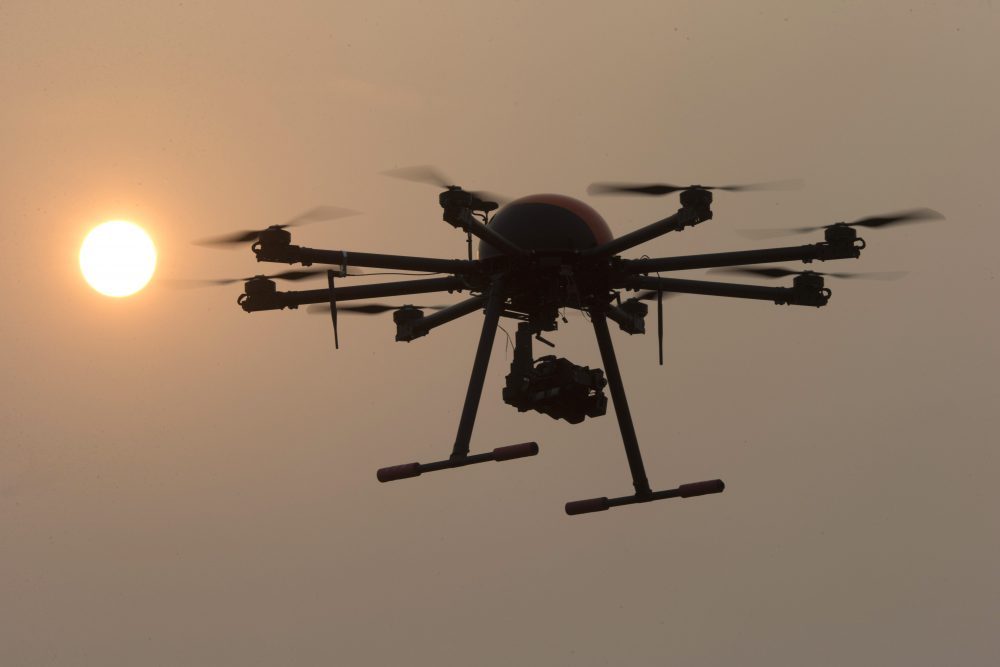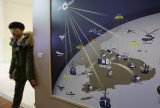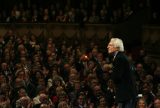To Understand the Future of Cyber Power, Look to the Past of Air Power
When Technological Fantasy Becomes Reality, Every Civilian Is a Target
Approximately 75 years ago, a new technology was married to warfare on a mass scale, and its impact spilled across continents, shaping the fighting of wars and international politics while raising a new set of terrifying fears about the future of the human race.
Anybody seeking to understand what war might look like in the cyber age should consider the disruptive force of air power and the revolution it wrought. One lasting lesson: War has the power to quickly transform our technological fantasies and anxieties into devastating, hard-to-control realities.
Even before the Wright Brothers launched at Kitty Hawk in 1903, …










